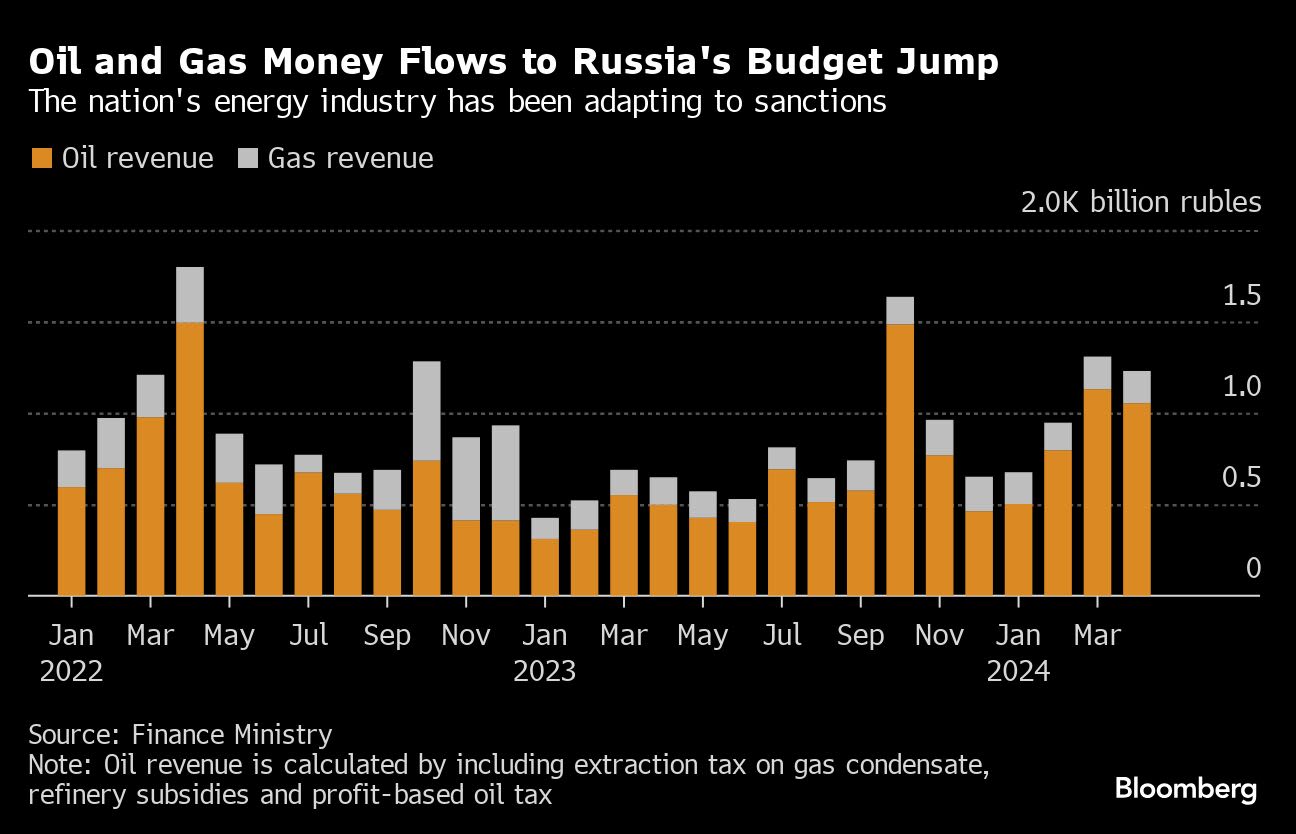Search results
Vegetable oils, or vegetable fats, are oils extracted from seeds or from other parts of fruits. Like animal fats, vegetable fats are mixtures of triglycerides. [1] Soybean oil, grape seed oil, and cocoa butter are examples of seed oils, or fats from seeds. Olive oil, palm oil, and rice bran oil are examples of fats from other parts of fruits.
News about olive oil, Ina Garten, dementia
News about Oil, WTI, ceasefire
Also in the news
Olive oil is a liquid fat obtained by pressing whole olives, the fruit of Olea europaea, a traditional tree crop of the Mediterranean Basin, and extracting the oil. It is commonly used in cooking for frying foods or as a salad dressing. It can also be found in some cosmetics, pharmaceuticals, soaps, and fuels for traditional oil lamps. It also ...
Motor oil is a lubricant used in internal combustion engines, which power cars, motorcycles, lawnmowers, engine-generators, and many other machines. In engines, there are parts which move against each other, and the friction between the parts wastes otherwise useful power by converting kinetic energy into heat.
The word oil is used for many different kinds of liquids. Oil usually does not mix with water. Vegetable oils are made from plants. Many are used in foods and for cooking. Some kinds of plant oils that people use are palm oil, maize ( corn ), olive, peanut, soy, and sunflower .
Fuel oils include heavy fuel oil (bunker fuel), marine fuel oil (MFO), furnace oil (FO), gas oil (gasoil), heating oils (such as home heating oil), diesel fuel, and others. The term fuel oil generally includes any liquid fuel that is burned in a furnace or boiler to generate heat ( heating oils ), or used in an engine to generate power (as ...
Petroleum, (from Greek πέτρα - rock and έλαιο - oil) also called crude oil, is a thick and black liquid. It is a natural material mainly made of hydrocarbons. The hydrocarbons came from many billions of ancient phytoplankton. When they died, their bodies sank to the bottom. This formed basins of oil in many parts of the world.
The Age of Oil, also known as the Oil Age, the Petroleum Age, or the Oil Boom, refers to the era in human history characterised by an increased use of petroleum in products and as fuel. Though unrefined petroleum has been used for various purposes since ancient times, it was during the 19th century that refinement techniques were developed and ...



